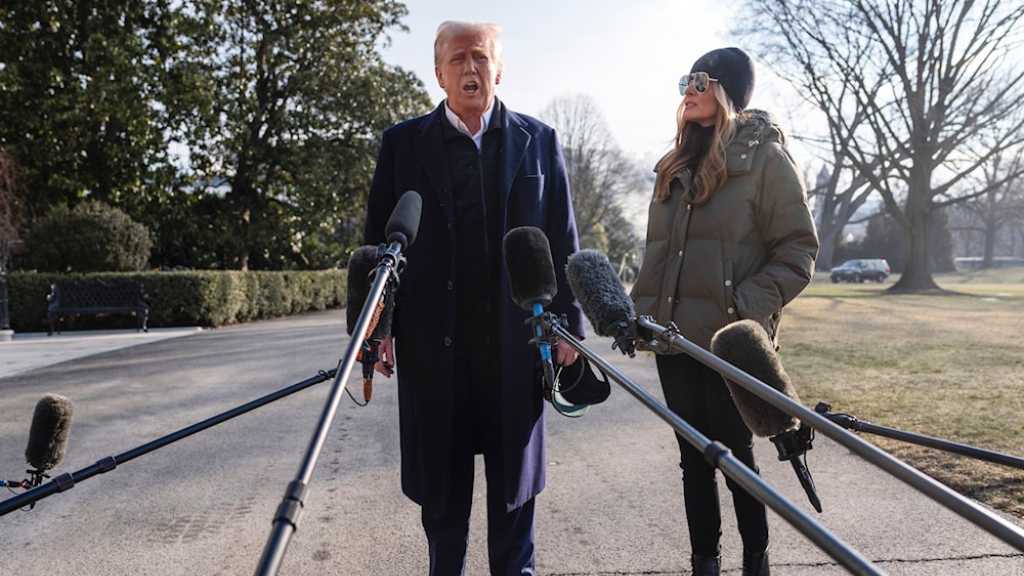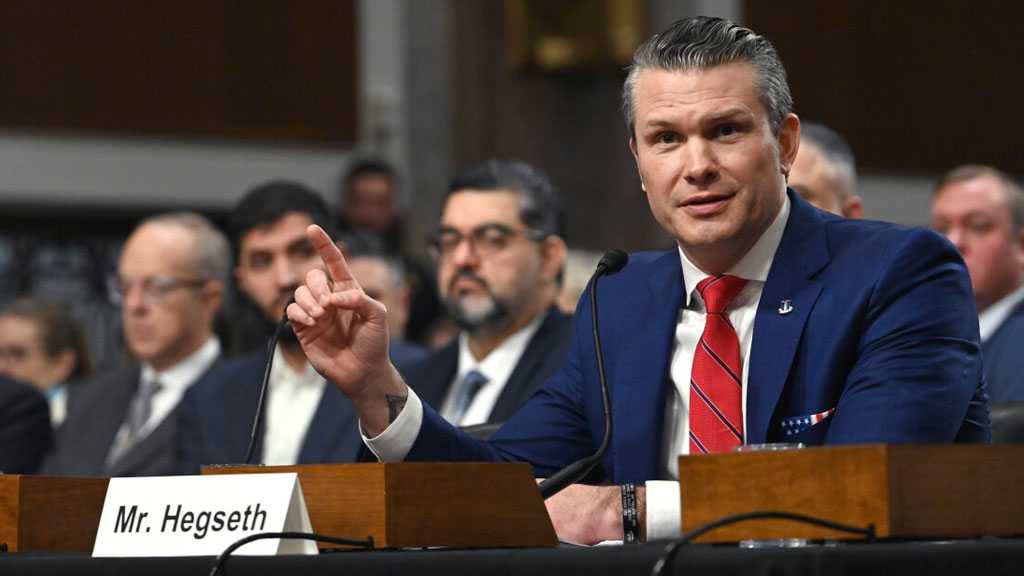US: Immigrant Rights Groups Brace for Fight against Trump

By Staff, Agencies
In a series of rapid-fire orders during his first week in office, Trump has sought to overhaul nearly every aspect of US immigration.
He rescinded guidance limiting where immigration raids can take place, cancelled asylum claims at the southern border and grounded refugees already approved for entry into the US, as part of a wider suspension of the US refugee program.
Though widespread arrests have yet to materialize, immigration rights advocates on Friday said Trump has already caused mayhem for those seeking refuge in the US and sent a chill among immigrant communities already in the country.
The executive director of the advocacy group America’s Voice, Vanessa Cardenas, said during a call with reporters “Costly, cruel and chaotic are the words that characterize the wave of extreme policies that the Trump administration has unleashed in its efforts to purge immigrants from our country,” adding that, “The chaos and fear is the point.”
On Friday’s call with reporters, Nayna Gupta, the policy director for the American Immigration Council, said Trump’s actions reveal ambitions beyond his stated desire to arrest immigrants with criminal records.
“What Trump’s orders make clear is that they are outlining immediate actions to hurt all immigrants: the 13 million undocumented people with years of life in the US, people with lawful protections, asylum seekers, those with non-immigrant visas already in our country, and those seeking to immigrate here legally,” she said.
She said many of the administration’s early actions “invoke unprecedented powers”. Several have already been challenged in court, with more legal action expected.
For undocumented immigrants already in the US, Trump is poised to increase deportations through expedited removals and increased cooperation with local law enforcement.
His Department of Homeland Security [DHS] also removed a decade-old policy prohibiting immigration arrests at “sensitive” locations including schools, hospitals and churches. His Department of Justice, meanwhile, has ordered federal prosecutors to investigate local officials who obstruct immigration enforcement.
As one of his first moves in office, Trump declared a national emergency at the border and deployed troops there. The president also suspended asylum processing and cancelled the Customs and Border Protection agency’s CBP One app, used to schedule asylum appointments.
An estimated 270,000 individuals who had used CBP One saw their meetings annulled this week, despite waiting for weeks, if not months, for their appointments in Mexico.
Gupta of the American Immigration Council said the first days of Trump’s second term have revealed an “even more premeditated and thought-out blueprint for how to upend the US immigration system”.
Gupta added that Trump and his advisers “clearly have an understanding of where there are openings” in current US law to test the limits of the issue.
Many community advocates say they are bracing for the “mass deportation” campaign Trump officials have promised in media interviews in the coming days.
White House spokesperson Karoline Leavitt also posted on social media that “deportation flights have begun”, with photos showing a line of people boarding a military aircraft.
Critics, however, noted that deportation flights were weekly occurrences under the Biden administration, with the only change under Trump being the use of military planes.
In the same context, while advocates continue to monitor how Trump’s early orders will be carried out, the battle over their legality has already begun in the courts.
An early victory came on Thursday, when a federal judge deemed Trump’s order to end birthright citizenship unconstitutional, blocking its implementation.
Legal challenges have also been filed against Trump’s move to expand expedited removals and his cancellation of appointments scheduled via the CBP One app.
Speaking to reporters on Friday, Karen Tumlin, the director of the Justice Action Center, predicted further challenges in the days ahead.
She explained that Trump’s military deployment to the southern border, the policy change on “sensitive” locations, and his order to end so-called “humanitarian parole” program could all face legal complaints.
Comments

Trump Fires at Least 12 Independent Inspectors General
one month ago

